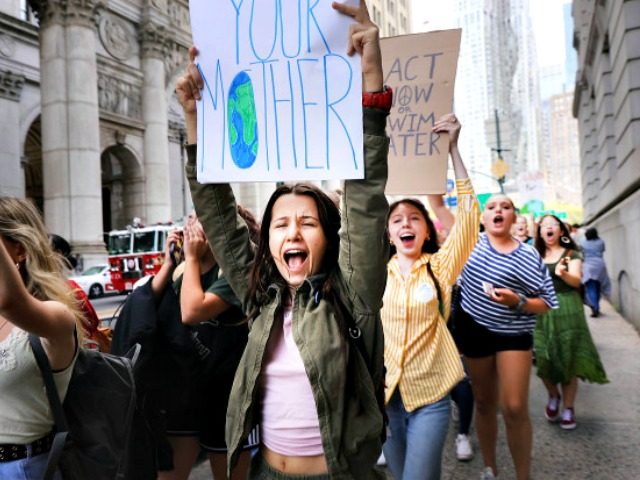ROME – The “scientific consensus” on climate change “calls for a radical change in the way our economic and political systems operate,” said the coordinator of the Vatican’s Ecology and Creation office Tuesday.
“I have seen how the climate crisis is affecting the lives of communities, especially of the poor,” Father Joshtrom Isaac Kureethadam told Crux. “I lived and served in an area where there were (and unfortunately even now) the tragic cases of farmers committing suicides as their crops failed year after year due to droughts and other climate triggered natural disasters.”
The Vatican is celebrating Laudato Si week from May 16 to May 25 as part of a yearlong commemoration of the fifth anniversary of Pope Francis’s 2015 encyclical letter on care for the environment.
Father Kureethadam, who was responsible for drafting the official program of the events for Laudato Si week, said that resistance to acknowledging the anthropogenic origins of the climate crisis “is engendered mainly by vested economic interests and in some cases also by partisan ideologies.”
The earth is “fragile,” the priest said, “and human activities have the capacity today to disturb and destroy the gentle equilibrium that allows life to flourish on this planet.”
“Climate science has grown significantly over the last few decades and there’s unanimous consensus among the scientific community that the current ecological crisis in the case of climate and biodiversity crises are due to human activities,” Kureethadam asserted.
In his interview, the priest insisted that those who question the prevailing narrative about climate change are playing into the hands of dark forces.
Skepticism toward the climate crisis “has been cultivated through funding and other political resources,” he argued. “It’s a deja-vu case. We saw it in early sixties when Rachel Carson and other scientists had proved that pesticides and chemical fertilizers could negatively impact human health, causing cancers and other hazards.”
“This text-book strategy was employed by the fossil fuels industry against climate science,” he contended. “Unfortunately, it has robbed us of precious decades in responding to the crisis of our common home and now we are almost on the edge.”
“Our children and young people have understood this truth much better than many political and economic gurus, and they have been descending on our streets calling us to change course,” he added.
Despite the priest’s assurance of a “unanimous consensus” regarding global warming, not all agree.
In 2016, Forbes magazine published an analysis of the oft-repeated claim that 97 percent of scientists believe in anthropogenic climate change and the disastrous effects on civilization if it is not radically curbed.
In reference to a statement by then-Secretary of State John Kerry, that “97 percent of peer-reviewed climate studies confirm that climate change is happening and that human activity is largely responsible,” the article concluded the assertion was “patently wrong.”
“An important consideration in this discussion is that we are attempting to define a single number to represent a range of opinions which have many nuances,” the article noted, while one question is whether the earth is warming, another if humans are responsible, and another is what the future holds.
The article also pondered why 97 percent continues to be widely publicized and defended and why that number seems so important.
“Perhaps it’s because 97% has marketing value,” it suggested. “It sounds precise and says that only 3% disagree.”
“By implication, that small number who disagree must be out of the mainstream: cranks, chronic naysayers, or shills of the fossil fuel industry,” it added. “They are frequently described as a ‘tiny minority.’”
“It’s not as easy to discount dissenters if the number is 10 or 15 percent,” it noted.

COMMENTS
Please let us know if you're having issues with commenting.